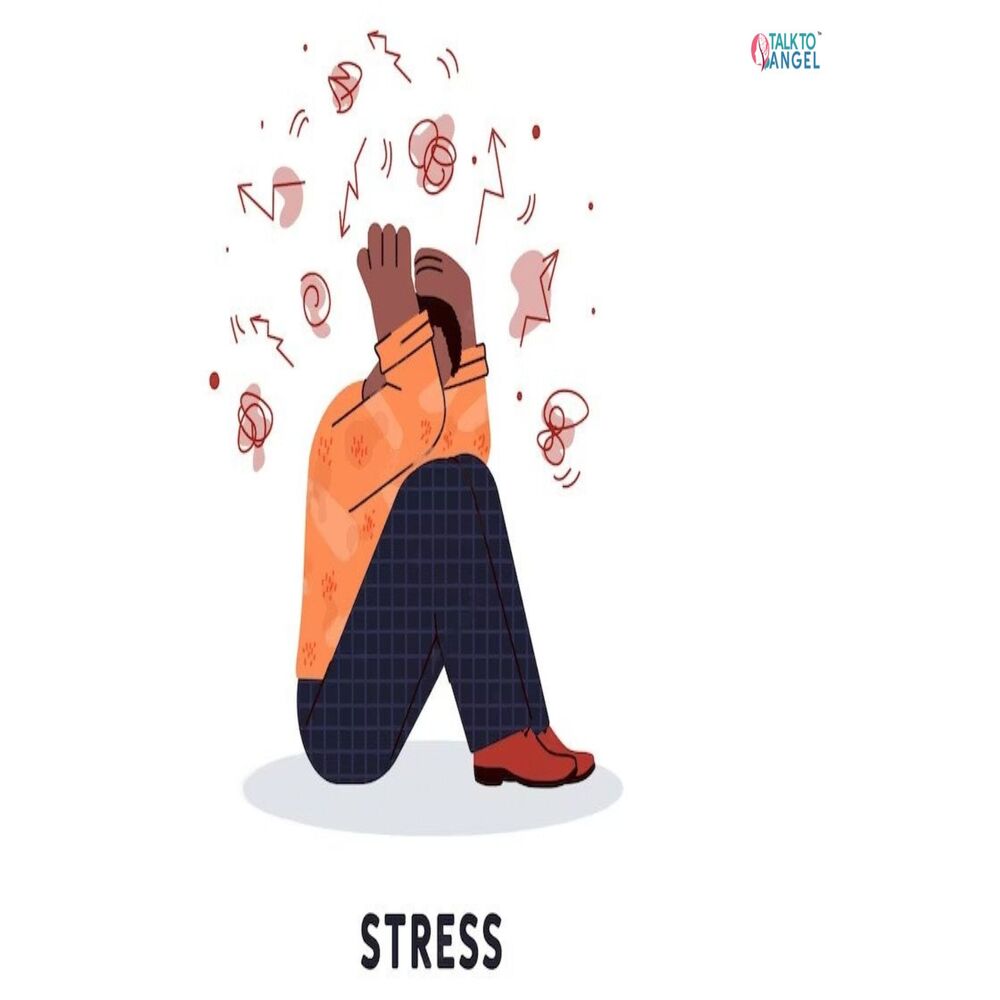Depression and anxiety are two of the most common mental health disorders, affecting millions of people worldwide. While there are many potential causes of depression and anxiety, including biological and environmental factors, psychological factors can also play a significant role. In this article, we will explore some of the psychological causes behind depression and anxiety.
- Negative thought patterns: Negative thought patterns, such as pessimism and self-criticism, can contribute to depression and anxiety. Individuals who have a tendency to focus on negative aspects of themselves or their surroundings may be more likely to experience symptoms of depression and anxiety.
- Childhood experiences: Childhood experiences, such as trauma or neglect, can have a lasting impact on an individual’s mental health. Individuals who experience childhood trauma may be more likely to develop depression and anxiety later in life.
- Low self-esteem: Low self-esteem can contribute to feelings of worthlessness and inadequacy, which can contribute to depression and anxiety.
- Perfectionism: Perfectionism can contribute to feelings of stress and anxiety, as individuals may feel pressure to meet impossibly high standards.
- Social isolation: Social isolation can contribute to feelings of loneliness and sadness, which can contribute to depression and anxiety.
- Relationship problems: Relationship problems, such as conflict or betrayal, can contribute to feelings of stress and anxiety.
- Unresolved sorrow: As people may find it difficult to cope with a substantial loss, unresolved grief can lead to feelings of sadness and anxiety.
- Lack of control: A lack of control over one’s life or circumstances can contribute to feelings of helplessness and hopelessness, which can contribute to depression and anxiety.
- Stressful life events: Stressful life events, such as divorce or job loss, can contribute to symptoms of depression and anxiety, especially in individuals who are already predisposed to these conditions.
It is important to note that psychological factors are only one potential cause of depression and anxiety. These conditions can also be caused by biological factors, such as chemical imbalances in the brain, or environmental factors, such as chronic stress or exposure to trauma. A comprehensive approach to treating depression and anxiety may involve addressing multiple factors, including psychological, biological, and environmental factors.
What should one do?
Recognize the symptoms: The first step is to recognize the symptoms of depression and anxiety. Some common symptoms of depression include feelings of hopelessness, loss of interest in activities, changes in appetite or sleep, low energy, and difficulty concentrating. Symptoms of anxiety include excessive worrying, feelings of panic, increased heart rate, sweating, trouble sleeping, and gastrointestinal issues. Recognizing these symptoms is vital to realizing you need to take action to help yourself feel better.
Engage in regular exercise: Exercise is one of the most effective natural remedies for both depression and anxiety. Engaging in moderate exercise like walking, jogging, yoga, swimming or cycling for at least 30 minutes a day releases feel-good hormones that can help reduce symptoms. Exercise also burns cortisol, the stress hormone, and promotes better sleep, both of which can help improve mood and decrease anxiety.
Practice mindfulness meditation: Mindfulness meditation, focused deep breathing, and yoga are proven ways to decrease symptoms of depression and anxiety. These techniques help relax the body and mind, decrease negative thoughts, and increase awareness of the present moment. Daily meditation or yoga can help change thought patterns and give a new perspective on stressful life events and worries. Even just a few minutes a day of mindfulness techniques can make a big difference.
Challenge negative thoughts: Negative thoughts tend to dominate the minds of those with depression and anxiety and fuel symptoms. Try to challenge negative thoughts by examining the evidence against them and trying to adopt a more balanced and realistic perspective. For example, instead of thinking “I always fail at everything I do,” try thinking “I have succeeded sometimes and I can succeed again. One failure does not make me a failure.” Question negative thoughts and replace them with more reasonable and encouraging ideas.
Connect with others: Connecting to other people can help reduce depression and anxiety, as it can decrease feelings of isolation and increase social support. Call or meet up with family and friends, join a local club, volunteer, or seek out a mental health support group. Connecting to others with similar experiences can help lower symptoms. Let others know how they can support you, whether that means listening without judgement, encouragement, accountability or advice. Making social connections is vital for wellbeing and recovery.
With treatment such as therapy and medication as needed, and by developing self-help strategies focused on exercise, meditation, challenging negative thoughts and social connections, the symptoms of depression and anxiety can be managed well. Be patient and kind with yourself along the way, as recovery takes time. But by making daily efforts to help yourself feel better, you can find relief from your symptoms, build resilience and work towards mental wellness.you’re searching for an “Online counsellor” a help called TalktoAngel, can interface you with the best web-based trained professionals and the “Marriage counselling“
You may also like
-
Effortless Pigmentation Mark Removal: Exploring the Benefits of Yellow Laser Treatment
-
Pelvic Mesh Implants: What You Should Know About Potential Side Effects
-
How to Recover From a Foot Injury
-
Finding Balance: 7 Stores Offering the Best Traditional Chinese Medicine for Stress Relief
-
Sildisoft 100 and Valentine’s: Crafting Moments of Love

